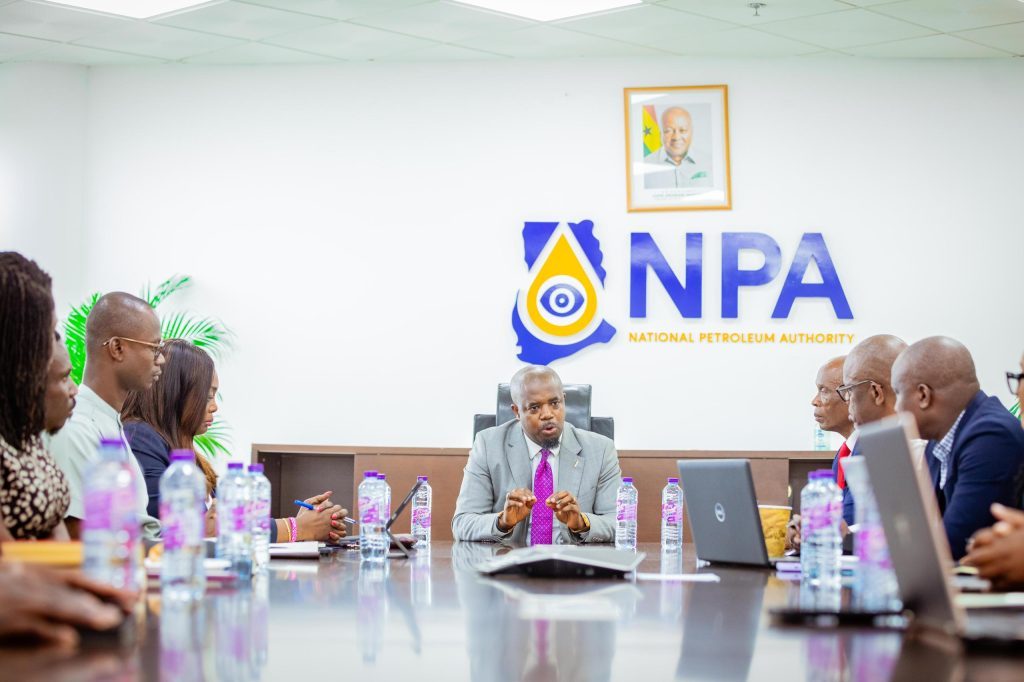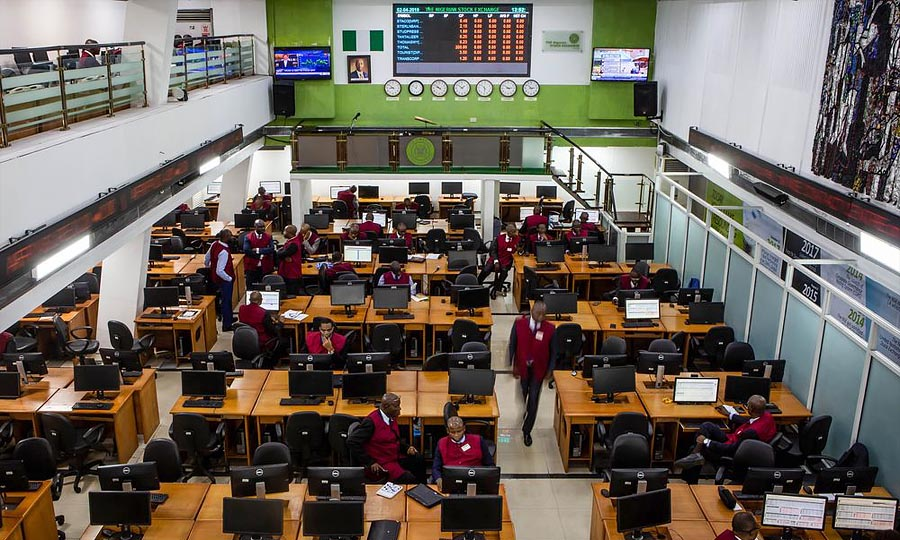The Minister for Energy, John Abdulai Jinapor, has assured Ghanaians that all documents related to the controversy over the missing 2,600 Electricity Company of Ghana (ECG) containers, have been submitted to the Office of the Attorney General for legal action.
The principal culprits are Energy Minister, Dr Matthew Opoku Prempeh, also known as “Napo,” and former ECG Managing Director, Dubik Mahama.
Addressing the staff of ECG on Friday, October 17, 2025, during his tour of institutions under his ministry, the Minister expressed deep disappointment at how contracts were awarded well beyond approved thresholds, describing the situation as unacceptable and a costly burden on the state.
In January this year, the ECG came under fire for what insiders describe as gross financial mismanagement and dereliction of duty in addressing the growing transformer overload crisis that continues to plague electricity consumers across the country.
Despite desperate appeals from residents and industries for the replacement of overloaded transformers, many of which have been running far beyond capacity, the ECG has reportedly failed to procure a single new unit. Instead, billions of cedis were squandered on items, including cables and wooden poles, that the company did not urgently need. This has led to the over-importation of goods and the need for storage facilities, forcing the state to rent private warehouses for them.
Dr Matthew Opoku Prempeh, who authorised the procurements, has been reporting to the Economic and Organised Crime Office (EOCO) and the Office of the Special Prosecutor (OSP) over his questionable decisions. He has reportedly been detained several times by EOCO. Also under scrutiny is Dubik Mahama, who has been at EOCO for months assisting with investigations.
According to documents and internal sources spoken to by The Herald, the ECG board initially approved GH¢3 billion for procurement to ease the strain on the national grid. However, the Energy Ministry under Dr Prempeh allegedly disbursed GH¢9 billion, three times the approved amount, without the purchase of even a single transformer.
The absence of these transformers led Mr Jinapor, upon the assumption of power by the Mahama government, to authorise the purchase of approximately 200 transformers under emergency circumstances following a plea from the current ECG boss, Julius Kpekpena.
Instead, the ECG reportedly imported large quantities of wooden poles and electrical cables, despite having no immediate need for such materials. Industry observers say the company has enough of those supplies to last several decades. Ironically, several Ghanaian companies already export similar electric wooden poles, raising questions about why the ECG would choose to import them from South Africa.
ECG warehouses in Tema and Apolonia are reportedly overflowing with unused materials, and additional stockpile space has been filled at the Golden Jubilee and Atlas yards at the Tema Port. Even the Atlas facility is now fully occupied, forcing ECG to rent private warehouses to store excess items, many of which cannot be safely kept outdoors due to their sensitive nature.
The wasteful spending has exacerbated Ghana’s electricity woes. Across the country, consumers continue to complain of “low current” that damages household appliances and disrupts businesses. The lack of functional transformers has left entire communities enduring an unstable power supply, while ECG’s storage yards remain choked with idle poles and cables.
Faced with mounting criticism and storage challenges, the current Energy Minister and ECG management have reportedly decided to dispatch available electrical materials directly to the regional offices in an attempt to decongest the warehouses.
“What Ghanaians need are transformers, not wooden poles gathering dust in warehouses,” one insider told The Herald.
The Minister had questioned, “If ECG was your company, and you were a shareholder, and you invested money in it, and your management came to tell you that they’ve awarded contracts, about nine billion, when the port approved contracts for just about three billion… they are given a threshold at the port of three billion, and you end up spending about nine billion.”
The Minister explained that not only were contracts awarded in excess of approved limits, but the company also failed to make available funds to clear containers at the port, leading to additional costs and operational delays.
“It’s not as if you spent nine billion. You’ve given contracts so much so that they continue to get to the port, and you don’t even have money to clear the containers. So, one, you are incurring costs of nine billion. Two, you are not using the items while they are stuck at the port. Three, you are paying demurrage for the containers stuck at the port,” he stressed.
Mr Jinapor disclosed that significant efforts had to be made in collaboration with several state agencies to retrieve the 2,600 containers, a process he described as “a very, very difficult task.”
“As Minister, I’ve got to work extra hard with the other stakeholders. And I want to thank the GRA Customs staff, the ECG executives, GHAPOHA, the National Security Coordinator, COP Osman Abdul Razak and his staff, the Chief of Staff, Julius Debrah, Dr Valerie Sawyyer, for helping us to move those containers.”
The minister revealed that out of the 2,600 containers, the government has managed to move 1,500 from the ports. In some cases, they were opened and emptied, with an inventory of their contents taken before they were transported to the regions where they could be utilized.
“As a minister, let me assure the people of Ghana, that we were determined to account for every single container, and to ensure that we put whatever is in that container, to best use”, Mr Jinapor promised.
He issued a firm caution to the management of state-owned enterprises, insisting that such negligence and financial indiscipline will not be tolerated under his watch.
“So, like I said, we should never go that path again. We shouldn’t have been there, and as Minister, I will not tolerate that. It may have happened in the past. It must not happen today. We have handed the full document to the Attorney General. He is studying it, and if people are found culpable, I’m very confident that the law will take its course.”
Mr Jinapor emphasized that the move is not about victimization but about safeguarding public funds and ensuring that state agencies operate with discipline and accountability.
“We are not victimizing anybody. We are doing what is right and what is proper. The taxpayers’ money must be accounted for. Nobody would allow this in his or her own company. But you know, sometimes people think government is distant. Government is you; government is me. ECG incurs losses, and we have to pay through taxes, and it is you, the ordinary Ghanaians, who would have to bear that cost.”
The energy minister commended the management and staff of EGC for the improvements they have brought to power delivery in the country since January this year.
“From January to date, we have made significant progress, and I want to thank you, MD, MD. I want to thank you, management, and I want to thank you the staff for that significant, monumental progress you’re making. And it shows in the delivery of power. You can’t dribble the people of Ghana. At the end of the day, the power sector is like pregnancy. It will show, and everybody can attest that there is a significant improvement, but there is more to be done,” the minister stated.
He reiterated his commitment to restoring integrity and value-for-money principles within the energy sector, adding that every cedi spent must reflect tangible benefits to the Ghanaian people.
The post NAPO & Dubik Mahama’s GH¢9 billion ECG containers scandal handed to Attorney General appeared first on The Herald ghana.




